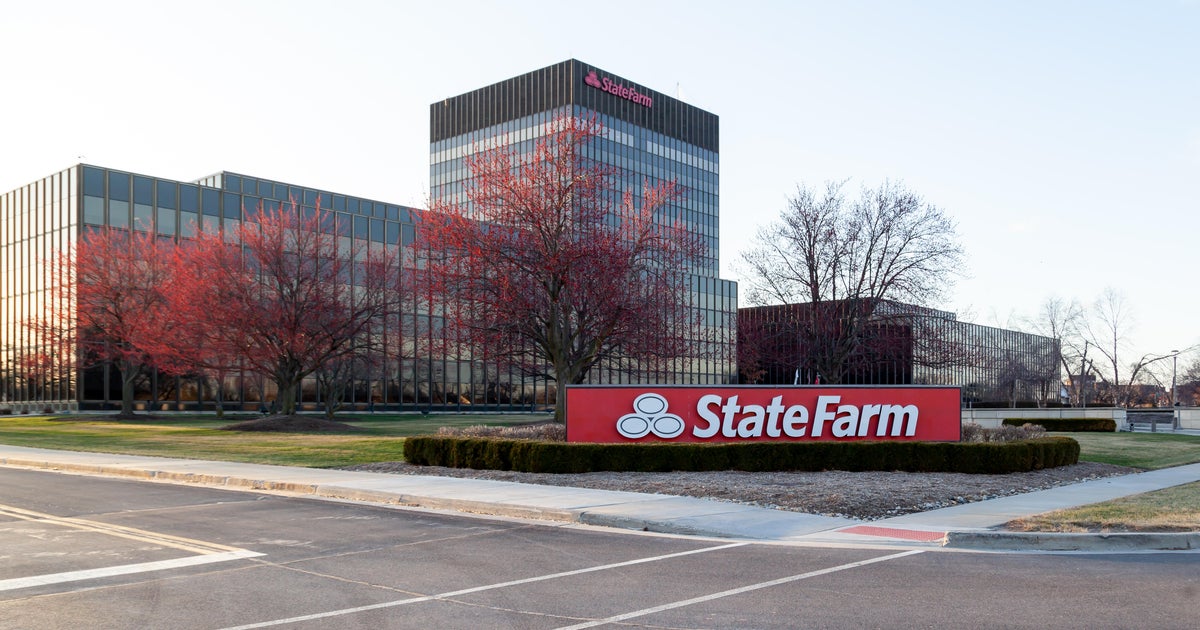Do you save a bundle when you bundle insurance?
By now, you've probably seen the offers. And maybe even bought in. Insurance companies want to sell you auto and home insurance by "bundling" the two policies together -- and in the process offer you a discount on your annual premium.
Makes sense for them, but does it save money for you? It all depends on the state you reside in and your financial circumstances, according to a new survey by insuranceQuotes. For example, in Louisiana you would save almost $600 a year by bundling auto and home insurance, while in Mississippi, where auto and home insurance costs slightly less, your savings would be $520 per year. But in Vermont, you'd save just $175 annually.
On average, bundled insurance savings would be more than 16 percent, not inconsequential when the average car insurance bill is nearing $1,000 per year, depending on what it includes, your driving record and many other factors.
insuranceQuotes based its findings on a survey of the largest carriers, using a hypothetical 45-year-old married and employed female with a clean driving record. She had a college degree, excellent credit, no lapse in coverage and was looking for relatively standard auto insurance, such as $300,000 for bodily injury and a $500 deductible.
The applicant was positioned in three different dwellings to see if that made a difference. The first was a $140,0000 home, the second a condo and in the third scenario she was a renter (no price listed for the latter two). Not surprisingly, insurers gave her more of a discount as a homeowner than as a renter, where she received the least amount of money off.
"Bundling auto and homeowners [insurance] saves an average of $322, while auto and renters [insurance] saves $84," said senior insurance analyst Laura Adams of insuranceQuotes.
She suggested that moving to hurricane-plagued Florida might also be a bad idea because the bundling discount there for homeowners was only 6.7 percent. One reason for the lower percentage was that major property insurers have fled the state, leaving homeowners' insurance to small startups, many of which don't bundle policies.
Like most companies, insurers like the concept of bundling because it "locks in" customers. Although they may occasionally browse the internet to shop for auto or home insurance, it's difficult to do the math as to exactly what discount they would get by bundling with another insurance company. And no insurer Adams knows of offers a "bundled" rate online.
"That doesn't mean you shouldn't shop," she said. "I have bundled insurance, and I do it every year. Some sites will even ask if you want to bundle. Speak up and ask about other discounts, such as for the military, nursing and teaching professions."
Spokesperson Loretta Worters of the Insurance Information Institute, which represents the industry, agreed. "Bottom line: Product bundling can be a substantial savings. The more products you bundle, the better the discounts. But there are many factors to take into account, including the state where you live, the type of home you reside in, the make and model of car you drive, your claims experience and more. So, it's best to look at the cost in your particular area to see what's right for you."
For consumer advocates, the whole process is anathema. "It's another way to hurt the low and middle-income folks because the discount lowers with less ownership," said Robert Hunter, directof of insurance at the Consumer Federation of America.
Hunter feels that auto insurance -- as in California -- should be based on driving record, not credit, education or home ownership. Or as he likes to put it, bundling is just another way of saying, "Money talks." Hunter noted that insuring your yacht or airplane can get you an even bigger discount.
Worters noted that while motorcycles may qualify for a discount, a vacation home wouldn't because it's considered a bigger risk.
Loyalty programs are endemic nationwide across all sorts of businesses. They all want your phone number, email address or any other information to know more about you. They'll dangle coupons, special offers or frequent flier miles to accomplish this.
Loyal insurance customers save the companies money when it comes to advertising and the other costs of attracting new policyholders. But insurers take a special interest in getting to know a customer to avoid getting quickly squeezed with multiple legitimate, or illegitimate, claims such as fender-benders and house fires. The industry loses more than $29 billion a year in fraud.
Customers who bundle policies tend to file fewer claims, which winds up saving the insurance company money in the long run, Adams said. "They love customers who stick with them and don't file claims."
One obvious bias in the study is that it dealt with only one mythical customer -- the 45-year-old married, working female -- who in many ways represents the best possible client for insurers. It doesn't include millennials or other customers, such as teens, who might have to pay higher premiums, and would be unlikely to own anything.



